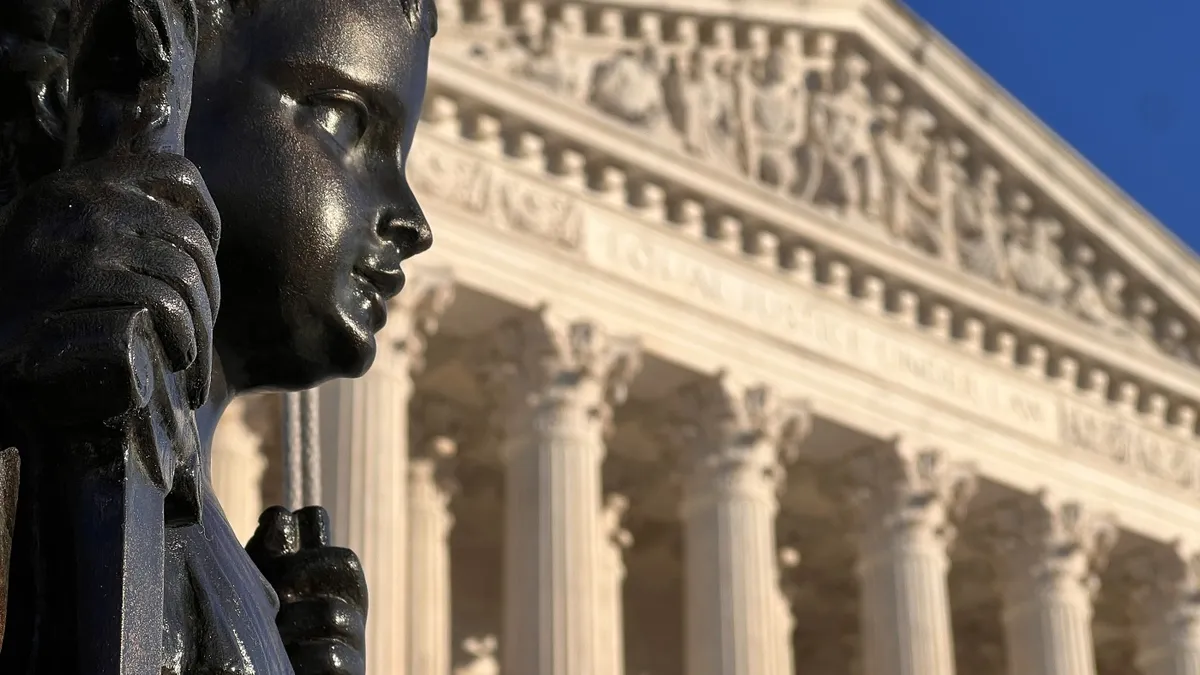
On Friday, the Supreme Court delivered a significant ruling by upholding a crucial provision of the Affordable Care Act (ACA). This decision ensures that approximately 150 million Americans will continue to receive many free preventive services under the ACA, at least for the time being. The court's ruling was passed with a 6-3 vote, which saw Chief Justice John Roberts, along with Justices Amy Coney Barrett and Brett Kavanaugh, siding with the three liberal justices in the majority.
By siding with the government, the Supreme Court has affirmed that the U.S. Preventive Services Task Force will continue to decide which services are available to Americans covered by the ACA at no cost. The case at hand involved a lawsuit aimed at overturning the preventive care provision by questioning the appointment process of the task force's 16 members. Two lower courts had previously ruled that these appointments were unconstitutional, but the Supreme Court disagreed on Friday.
Justice Brett Kavanaugh, writing for the majority, stated that the Department of Health and Human Services possesses the authority to appoint task force members. He emphasized that these members are supervised by the Secretary of Health and Human Services, who ultimately answers to the President, thus maintaining the constitutional chain of command as outlined in Article II.
The Affordable Care Act has significantly benefited millions since its implementation 11 years ago, providing free preventive services that many have come to take for granted. Activists expressed concern that a ruling against the ACA could lead to the loss of these essential benefits. Notably, the preventive care task force classified pre-exposure prophylaxis (PrEP) drugs as vital for preventing HIV. Under the ACA, PrEP coverage includes not only HIV testing and medication but also clinic visits and lab tests without additional costs. Without this coverage, the financial burden of PrEP care would be prohibitive for most Americans.
The lawsuit was initiated by individuals and businesses who raised religious objections to the PrEP mandate, arguing that providing such coverage promotes behaviors contrary to their beliefs. The named plaintiff, Braidwood Management, led by Republican mega-donor Steven Hotze, has a history of making controversial statements regarding the LGBTQ+ community and has previously challenged the ACA in federal courts.
The Supreme Court's decision on preventive care is likely to safeguard other existing preventive services under the ACA, which include treatment for blood pressure screenings, birth control, cancer screenings (both breast and lung), immunizations, and more. Prior to this ruling, proponents of the ACA expressed concerns that without these preventive services, many Americans would face significant out-of-pocket expenses, deterring them from seeking critical health care early on.
Dr. Mark Fendrick, a professor of medicine and public health at the University of Michigan, remarked, "I cannot think of another health policy that impacts more Americans than the preventive services provision." This sentiment reflects the widespread importance of the ACA's preventive care initiatives in promoting public health and early disease detection.
In summary, the Supreme Court's ruling not only upholds the rights of millions to access essential preventive health services but also reinforces the ACA's commitment to providing critical health care without financial barriers.